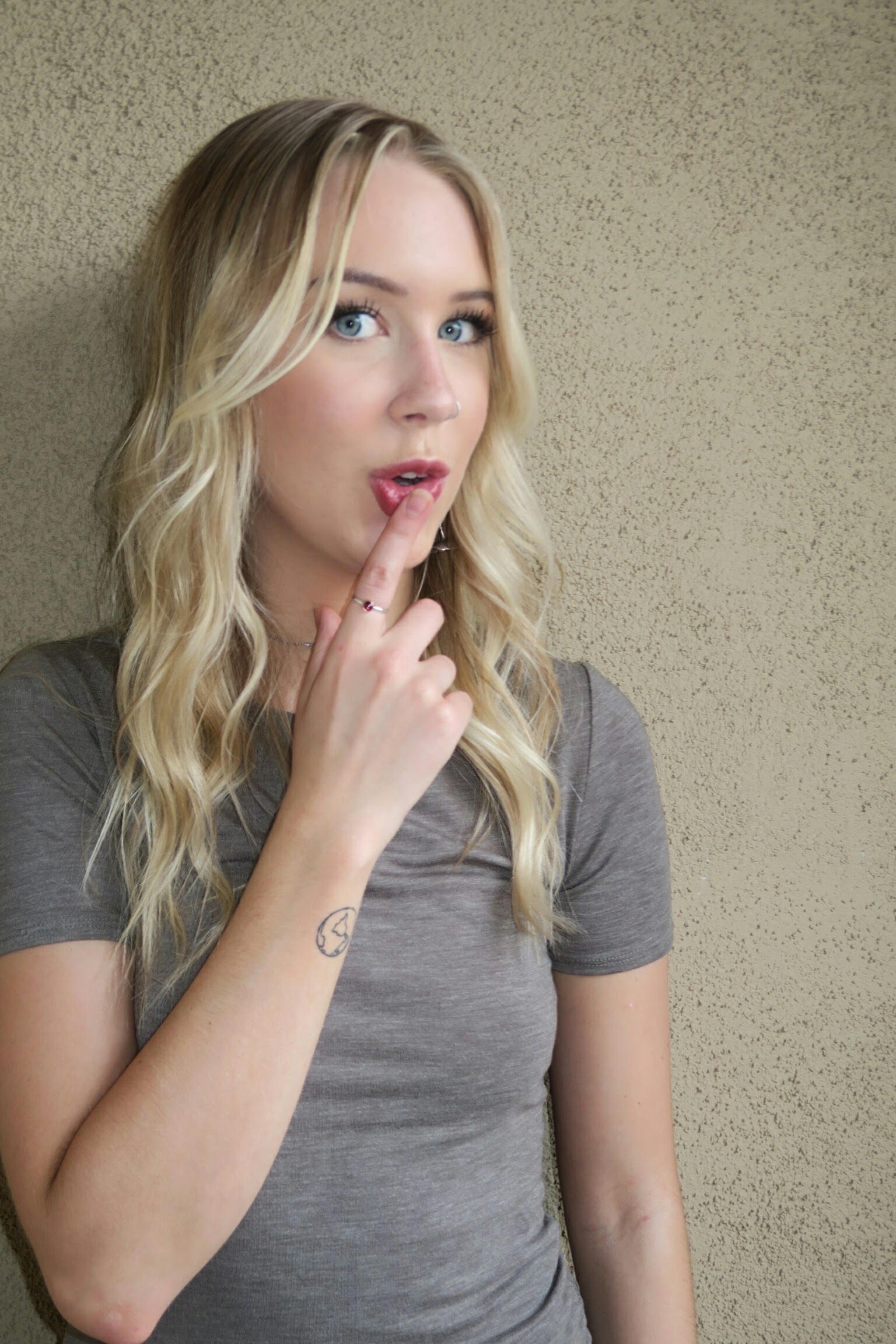A word about sustainability…
Sustainability Begins With You
By Ellie Marie Hammond
December, 2021
We hear all the time about strategies
for sustainable living--compost food scraps, ride bikes to work, turn lights off when we leave a room. Some of these tried-and-true habits of eco-conscious living don’t require much effort on our part, while others (such as composting) are lifestyle changes that may be difficult to integrate into your routine. It helps to remember that sustainable living is a process--a journey rather than a sprint—where the ultimate goal is achieving balance. I’ve found the best place to begin is to focus on taking care of yourself.
To be honest, as a 20-something college student, I faced many challenges trying to change my lifestyle into a more sustainable one. It’s not that I didn’t want to lead a sustainable life; I was just so drained in my daily life I didn’t have the energy, time, or the drive to make the bigger changes. Day after day I struggled with dissatisfaction. I couldn’t get enough sleep, anxious thoughts haunted me, and time seemed limited rather than abundant. I couldn’t imagine how I would ever find opportunities to garden, compost, use my bike as transportation, or cook meals at home. I desperately wanted to encapsulate health and I wanted to be an environmental ally, but time after time my need for convenience beat out making the sustainable choice. I operated in survival mode where the goal of the day demanded only that I make it to the next.
It is important for us to realize that humans are more like plants and animals than we tend to think. Living organisms do not function at maximum potential under continuous stress. Stressed organisms weaken, struggling one moment to the next, susceptible to any environmental challenge. Such organisms can barely survive, let alone flourish and reach their full potential.
It dawned on me one day during biology class that my behavior mirrored that of a stressed organism. This revelation freed me, and I released my guilt for not living as sustainably as I could. I understood that in my stressed condition making it through daily tasks was the best I could do. I had an answer for why I always felt so low--I was not treating my body as a living, breathing part of nature. Instead, I considered it more like a machine that needed to constantly fulfill tasks. Self-care seemed “unproductive” and took a back seat to keeping up with jobs, school work, and supporting others. My obsession with productivity guaranteed a state of perpetual survival, where my mind and body fought moment to moment and my spirit was not free to simply enjoy life. However, I did not need to exist this way. My life could be so much more than mechanical.
This led to the realization that self-care is a big part of sustainability. Prioritizing our mental, emotional, physical, and even spiritual selves is in the long run far more important than prioritizing labor and/or social productivity. When I realized that meditating, exercising, journaling, and practicing gratitude are just as important (if not more so) as the career or social aspects of life, I felt my energy return. By engaging in these daily practices, I began the transformation from an organism limited by stress to an organism content and free to reach higher and higher. The prioritizing of my overall wellness meant that I became a higher-functioning member of the Earth’s ecosystem; I could now take larger steps towards sustainable lifestyle changes.
My personal experience led me to the conclusion that it’s absolutely okay to fall short of being the ideal eco-warrior all the time. It’s okay to be imperfect. It’s more than okay to realize there are things you need to work on to find balance. In a way, that’s the point of life--- to make the journey towards harmony. We aren’t born knowing how to achieve it; we must discover it for ourselves, step by step. Nature is always striving to reach a state of homeostasis. In order to maintain a stable internal environment suitable for sustaining life, nature needs your entire being--physical, mental, and emotional--to feel balanced. You are a part of nature, even if society can tend to make us feel separate. Therefore, the best advice is to listen to your inner voice and do what you need to do to find balance, peace, happiness, and personal power. Meditate. Engage in an enjoyable hobby. Journal. Get a massage. Seek to understand your feelings and share them with others when you need to. Express gratitude. Go on a trip. Take a personal day. Walk in the woods. Sit by the water. Pat a dog. Do whatever guides you into balance, feeling calm, stable, and content in the present moment.
It’s not always easy to move financial, career, and social needs to the back burner, but do what you can in order to focus on your happiness. Becoming a happy, healthy, balanced person is perhaps the most sustainable thing you can do. It is the foundation of a sustainable lifestyle, as well as the addition of a homeostatic organism into the collective ecosystem. When practiced daily, self care reminds us that we are nature, not separate from it.







